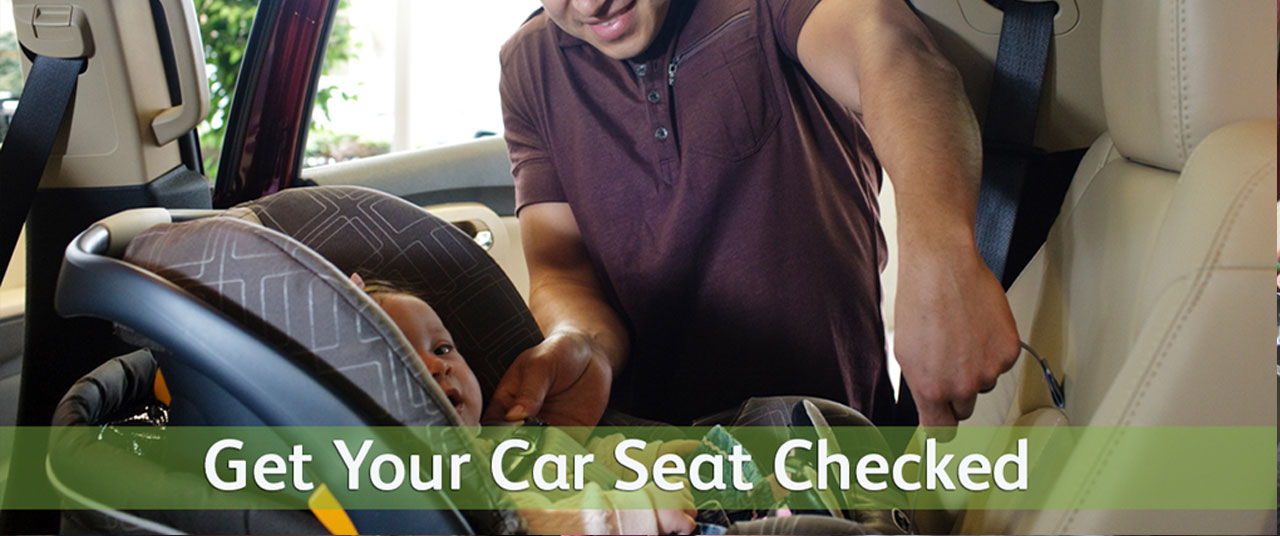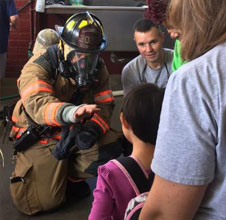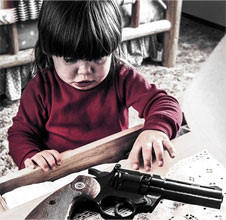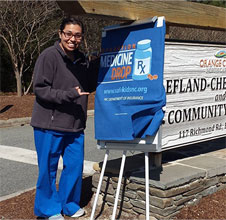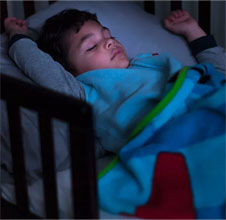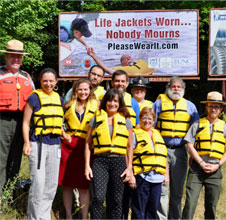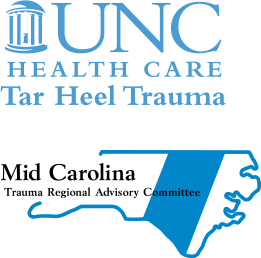Special Needs Car Seats and Adaptive Restraints
Special needs car seats or “adaptive” child passenger safety restraints are made specifically for children with special health care needs and are not available at retail stores. These special seats and adaptive restrains are more expensive than conventional restraints, which is why UNC Children’s Hospital and UNC Trauma offer a special needs car seat loaner program to patients who need them during their recovery at home.
Selecting the RIght Seat
- An attempt to use the child’s regular car seats and booster seats should always be considered first.
- Certain circumstances may prevent the child from sitting in them properly. Examples include, children who have broken legs or hip surgery and need extra space for their legs when positioned in their casts or brace.
- Children with behavioral or developmental issues may need restraints that will keep them buckled in at all times.
UNC Children’s Hospital Loaner Program Offers the Following Options:
EZ On Vests
When to use: It is for children ages 1-12 years and 22-106 lbs. This product is an option for children in hip spica casts or older children who are unable to sit up.
How to use: For instructions on use please watch this video
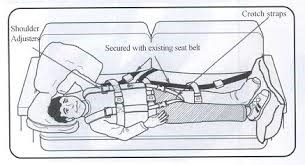
The Wallenberg
When to use: This seat is for children with spica cast, long leg cast with spreader bar or abductor pillow in place to keep their legs or hips positioned widely or splayed. It does not have the same lip on the sides of the seat that a typical car seat would have, which allows the child to sit with their legs wide. It can be positioned rear-facing or forward-facing in a car and can accommodate children between 5 – 80lbs. The adjustable sling on the car seat assists in the positioning of the child given on the angle of their cast.
How to use: Instructions from the manufacturer can be found here. Or watch our video demonstration. This video is for demonstration only and UNC Trauma nor the individuals in it will be held liable for the information. Car seat manufacturer's directions are always the best resource for installation.
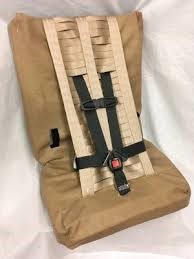
The Quokka
When to use: This seat is typically used for younger children in casts on their legs or hips that keep their legs positioned widely or splayed. It does not have the same lip on the sides of the seat that a typical car seat would have, which allows the child to sit with their legs wide. It can go rear-facing or forward-facing in a car and can accommodate children between 5 – 39.6 lbs and up to 41 inches.
How to use: To install rear-facing use the directions provided here. To install forward-facing use the directions provided here. Or you may watch UNC Trauma's demonstration video. This video is for demonstration purposes only and UNC Trauma Program nor the individuals in the video will be held liable for the information. Click here for forward facing. Click here for rear-facing.
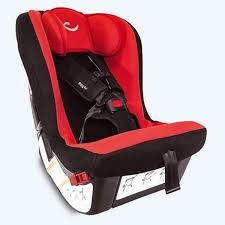
The Hope Bed
When to use: The Hope Bed is for infants who have medical conditions or injures that require them to travel on their stomach or right side, infants who cannot tolerate "semi-reclined' position, or cannot use harness straps. Infants must be between 4.5 - 35 lbs. & up to 29”.
How to use: For directions on how to use the Hope Bed click here

Learning & Resources
Car Seat Tips [DOWNLOAD]
Car Seat Safety Tips [DOWNLOAD]
Car Seat Safety Tips French [DOWNLOAD]
Car Seat Safety Tips German [DOWNLOAD]
Car Seat Safety Tips Korean [DOWNLOAD]
Car Seat Safety Tips Spanish [DOWNLOAD]
Heatstroke Safety Tips PDF [DOWNLOAD]
Take Action to Prevent Heatstroke Toolkit for Educators and First Responders [DOWNLOAD]
Other Categories
For More information, please don’t hesitate to inquire:
101 Manning Dr., Chapel Hill, North Carolinatarheeltrauma@unchealth.unc.edu

